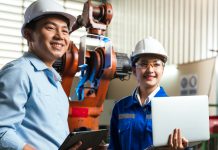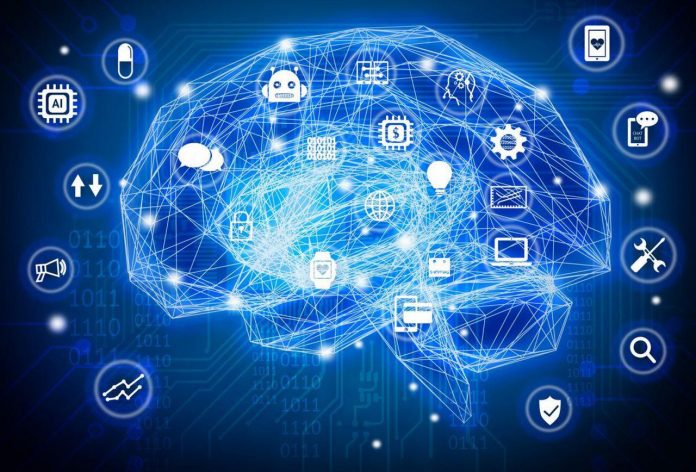Just like how technology and innovation is progressing at a blinding pace, so to must we develop and adapt to new skills to make use of these new methods. Without the proper skills to utilise technological advancements, we might as well not have them as they are a huge and expensive investment to not be used at peak efficiency.
The real question now is: What are the most useful skills to have in today’s shifting work environment?
LinkedIn’s recent “Future of Skills” report has shed some light unto some of the more desirable skills, at least within the Asia Pacific region. he report highlights 10 skills that have experienced “exponential growth” over the past 5 years. That refers to both a surge in listings of those skills on members’ profiles and also an increase in demand from employers.
Typically, demand for those “rising skills” was three times higher than for other areas of expertise in the past 12 months, LinkedIn said. Demand for these skills are also expected to rise even further in the coming years.
Artificial Intelligence
AI is playing an increasing role in organisations’ decision-making process throughout the world. The ability to manage machines that can perform human-like tasks could potentially cause efficiency to skyrocket to levels that have never been seen before.
Blockchain
Blockchain refers to a decentralised public ledger which stores a growing list of records, known as blocks. Blockchain has risen to prominence over recent years as the underlying technology behind cryptocurrencies, such as Bitcoin, but it’s applications are wide-reaching.
Compliance
The world is becoming increasingly globalised and it is very unlikely that it will return to it’s old fragmented state. As a result, businesses need to ensure that they are able to comply with the various regulatory and legal frameworks of each of the countries in which they operate. Compliance experts can help plan the expansion of organisations into foreign markets as well as research ways to adapt to the legal climate of each region.
Continuous Integration
In software engineering, continuous integration refers to the regular merging of all developers’ work onto one shared platform. The aim of the role is to help detect problems early on in the development process.
Frontend Web Development
Frontend web development are skills involving the process of converting data into a graphical interface or webpage. The world is becoming increasingly digital. Even in many developing nations do we see areas and cities slowly become interconnected via the internet network. Digital connectivity has become essential for doing business and web development is an important part of any business’ marketing.
Gesture Recognition Technology
Gesture recognition technology aims to close the gap between humans and devices by teaching computers to read human movements. This market is steadily growing and is expected to be worth tens of billions within the decade.
Human-centered Design
Human-centered design aims to put the user experience up at the forefront of all design principals. Such designs hope to create simpler, more convenient, and more intuitive user interfaces for the end-user and is in high demand in B2C industries.
Robotic Process Automation (RPA)
Robotic process automation is an emerging form of business process automation. Using robotics or artificial intelligence, the process aims to automate high volume, repetitive tasks.
Social Media Marketing
Social media has proven to be a powerful marketing tool. In today’s digital world, viral marketing and memes have found their way into people’s hearts; and if done right, can benefit a company greatly, i.e. Wendy’s. However, social media marketers must also be very socially aware as the anonymity of the internet emboldens many to voice their displeasure should they take offense.
Workflow Automation
Workflow automation is the process of automating manual processes based on pre-defined business rules. By automating repetitive, low skilled processes, businesses say they can free up employees’ time for more creative and higher skilled tasks. Automation could potentially be combined with AI to create highly efficient and complex automated processes.






















